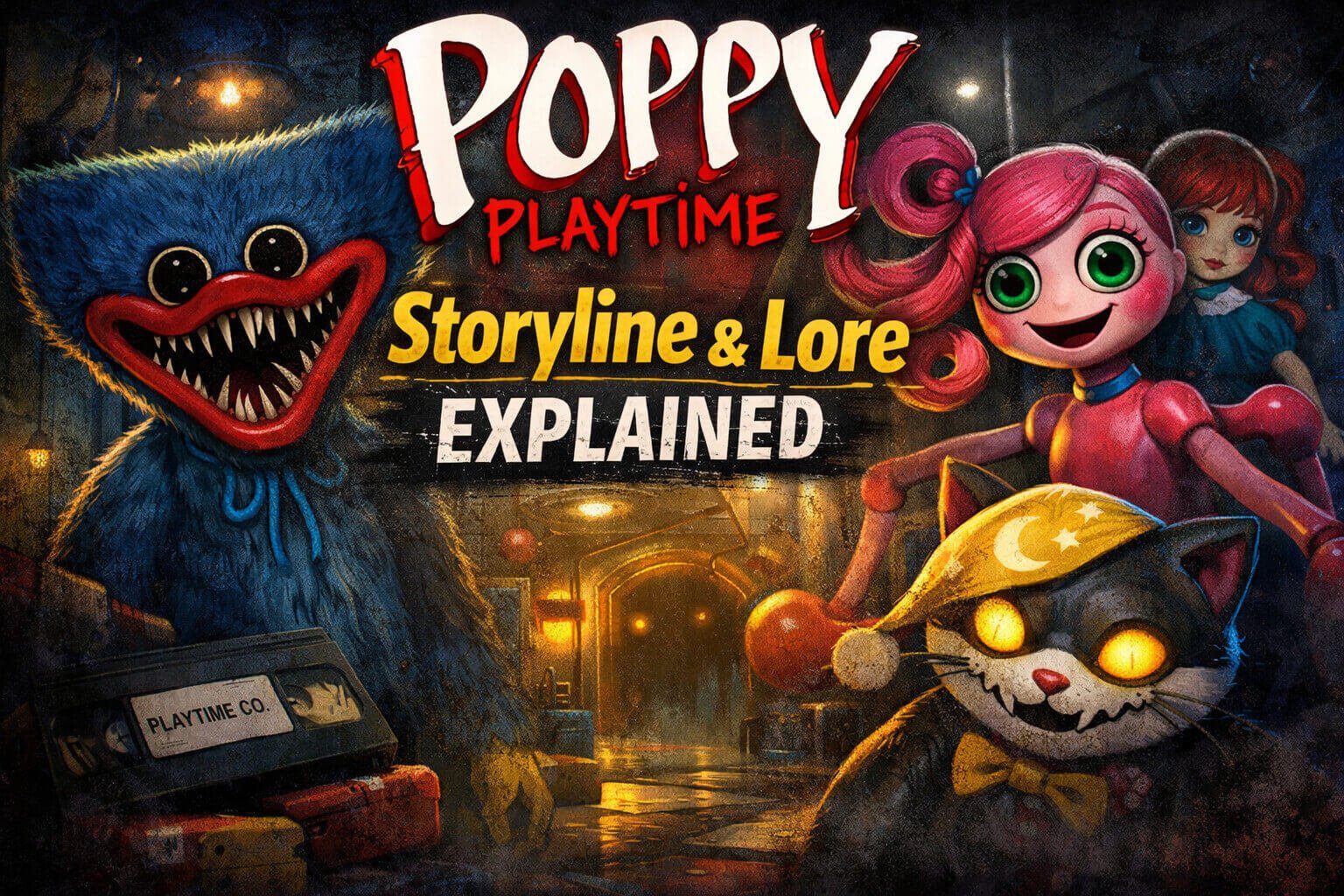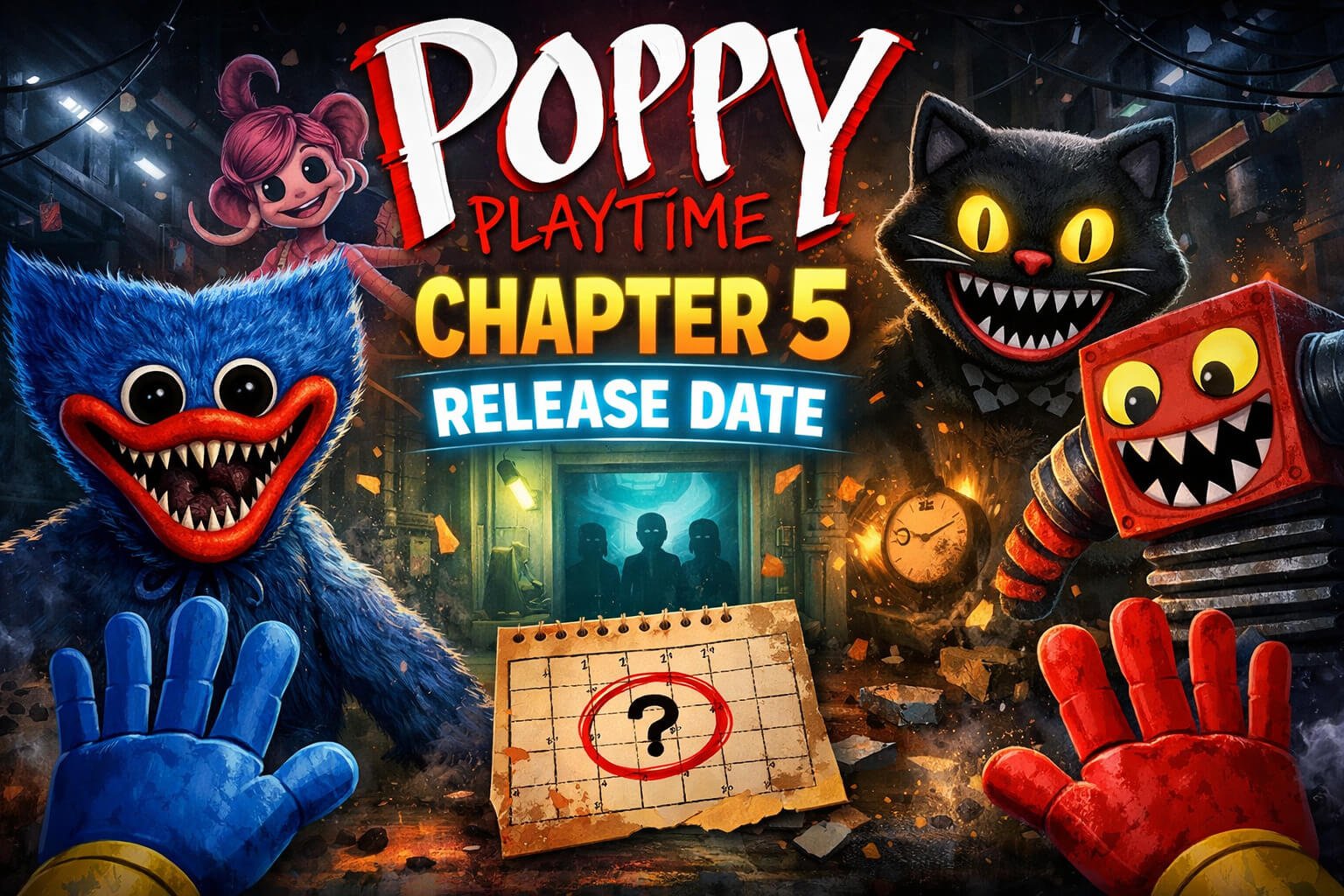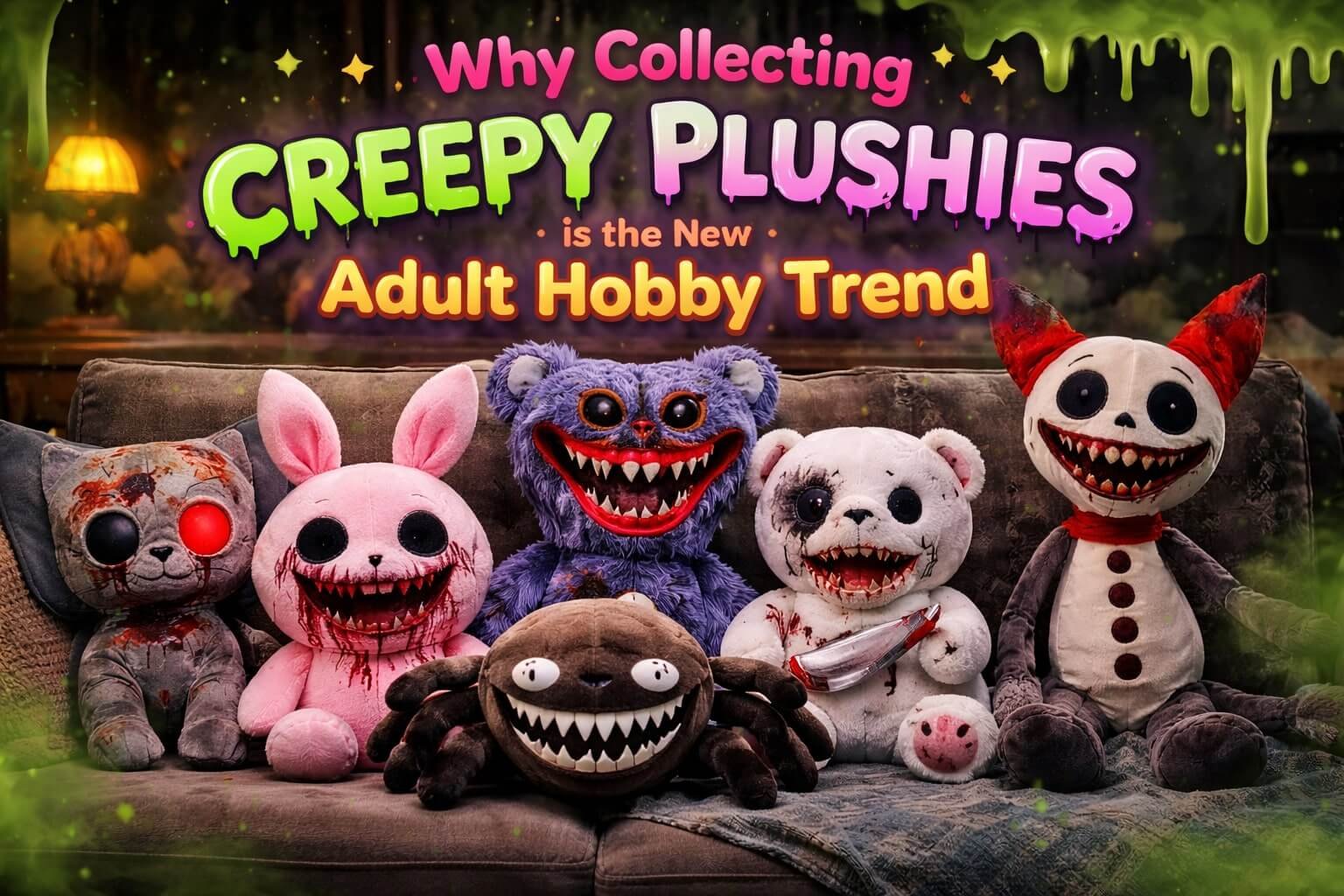As parents, we often grapple with the question of whether to allow our children to play horror games. These spine-tingling adventures can be both captivating and terrifying, but what impact do they have on young minds? In this article, we’ll explore the pros and cons of horror games for children.
The Pros:
1. Cognitive Development:
- Perplexity: Horror games present complex scenarios that require critical thinking and problem-solving skills. Children must navigate eerie environments, decipher clues, and strategize to survive. This cognitive challenge can enhance their mental agility and creativity.
- Burstiness: The sudden shocks and surprises in horror games keep players on their toes. This burstiness can improve attention span and reaction time.
2. Emotional Resilience:
- Perplexity: Facing fear in a controlled environment can help children build emotional resilience. They learn to manage anxiety and cope with stress.
- Burstiness: Jump scares and eerie atmospheres provide a safe space for experiencing fear. Over time, this exposure can desensitize children to real-life fears.
3. Social Interaction:
- Perplexity: Multiplayer horror games encourage teamwork and communication. Players collaborate to solve puzzles or survive together.
- Burstiness: Shared frights create bonding experiences among friends or family members.
The Cons:
1. Nightmares and Anxiety:
- Perplexity: Horror game imagery can linger in a child’s mind, leading to nightmares or anxiety.
- Burstiness: Sudden frights may cause sleep disturbances.
2. Desensitization:
- Perplexity: While controlled exposure can build resilience, excessive exposure might desensitize children to violence and gore.
- Burstiness: Constant jump scares may reduce their emotional impact.
3. Age-Appropriateness:
- Perplexity: Not all horror games are suitable for all ages. Parents should carefully choose games with age-appropriate content.
- Burstiness: Some horror themes (e.g., demonic possession) may be too intense for young children.
Conclusion:
In moderation, horror games can offer cognitive benefits and emotional growth. However, parents must strike a balance, considering their child’s age, temperament, and individual sensitivities. Engage in open conversations about the games, set limits, and monitor their reactions.
Frequently Asked Questions (FAQs):
- Q: Are there horror games specifically designed for children?
- A: Yes, some horror games cater to younger audiences by toning down the intensity of scares and violence.
- Q: How can I ensure my child’s safety while playing horror games?
- A: Set time limits, encourage breaks, and discuss game content. Be attuned to any signs of distress.
- Q: What age is appropriate for introducing horror games?
- A: It varies, but generally, older children (10 and above) can handle mild horror themes better.
- Q: Can horror games affect a child’s behavior?
- A: While there’s no direct evidence, prolonged exposure to violent or frightening content can influence behavior.
- Q: What if my child insists on playing a scary game?
- A: Consider compromise. Play together or watch gameplay videos to assess suitability.












Leave A Comment